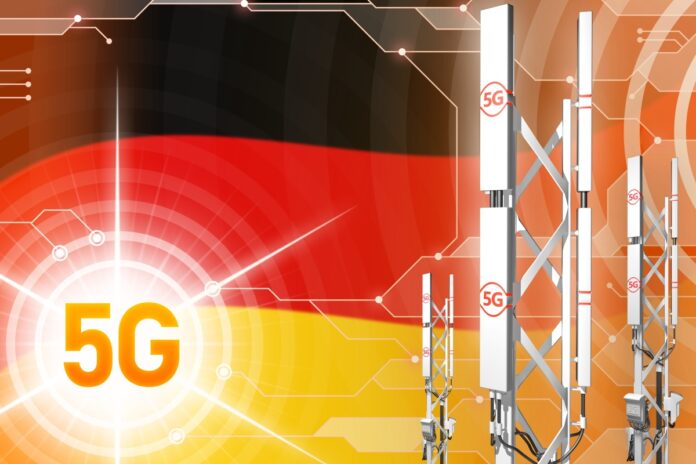At launch, there is limited coverage in Bonn and Berlin, with plans to extend this to the country’s 20 largest cities by the end of next year.
Deutsche Telekom (DT) also announced unlimited data plans, but the cheapest is €85 monthly and its 5G smartphones cost €900.
This is in sharp contract with Vodafone’s approach – it is charging the same price for 5G as the equivalent 4G services.
The cheapest tariff is Vodafone Unlimited Lite service, which runs at 2Mpbs, and bundled with the cheapest phone costs £54 (€60.18) a month.
DT’s smartphones and packages are available immediately. Customers could be eligible for a €200 credit by trading in their old smartphone, plus an early adopter discount of €100.
Michael Hagspihl, MD for Consumers at DT Germany said the company thinks gaming and augmented reality will drive consumers’ take-up of 5G.
5G applications
hubraum, Deutsche Telekom’s tech incubator, is providing 5G applications: 18 start-ups have developed their 5G products in Deutsche Telekom’s live network in Berlin, including edge computing resources.
5G is being deployed in parallel with the massively build-out of 4G.
Dirk Wössner, MD of DT Germany said, “5G is the future, but at the same time, we know we still have to do our homework in our existing network, which is why the LTE build-out is still a major focus. We plan to build around 2,000 new mobile base stations this year alone. A particular aim is to eliminate white spots [areas without coverage] in rural areas.”
DT is also working on 5G campus networks with companies to meet their specific industry needs, including lighting tech firm Osram and automotive supplier ZF.
Side-swipe
Wössner took the opportunity to have a side-swipe at the regulator saying, that the speed of deployment would be dictated by how fast the company could cut through the red tape of bureaucracy.
He said, “We need a clear regulatory framework and pragmatism from the authorities — particularly when it comes to regional spectrums, allocation of the auction proceeds, and approval procedures, which takes far too long in Germany.”



